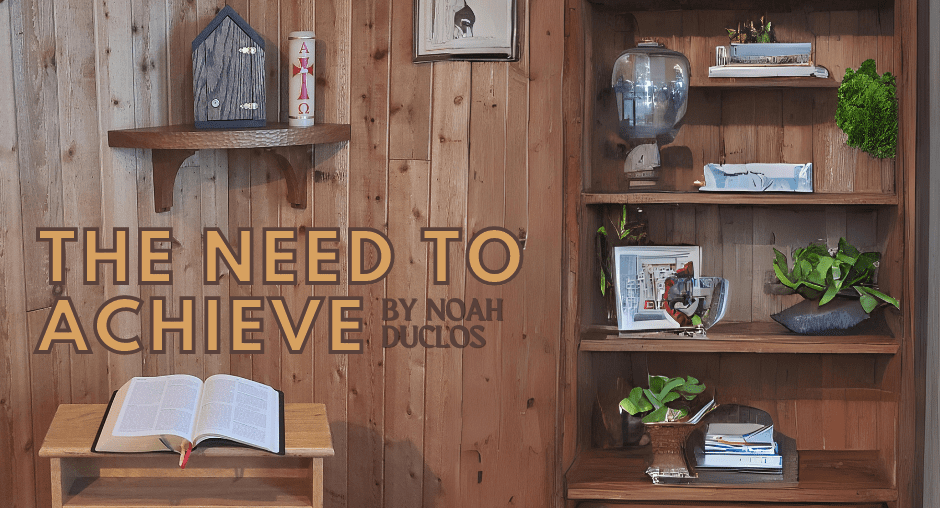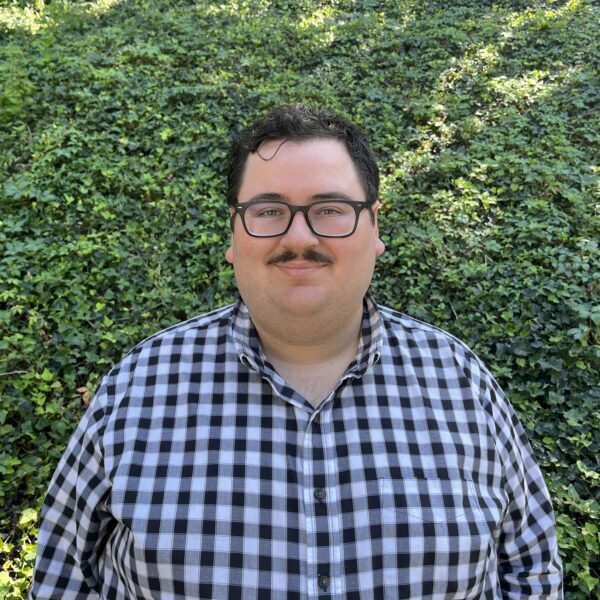The Need to Achieve

Editor’s Note: DC Service Corps member Noah Duclos reflects on how God led him to Franciscan Mission Service after attending an Ivy League school and how he has taken Franciscan values to heart.
For the past three years, I studied theology and ministry at Yale Divinity School, acquiring my Master of Divinity degree. That’s right; I have “mastered” divinity, as YDS students would often jokingly say. Those three years of reading, writing, praying, and breathing theology and practicing ministry left me exhausted and mentally drained most weeks, and as graduation approached I began to reflect on what was life-giving and what was distracting in my spiritual life.
The ministry work I did with students and community members at the university Catholic Chapel, the opportunity to help with the soup kitchen we ran, and the chance to reflect on my own experiences of ministry and those of my peers all fell in the life-giving category. It wasn’t easy work, and sometimes it was incredibly heavy; still, the peace and love which I felt made it a joyful burden. My academic work, meanwhile, important and even satisfying as it was to complete, seemed to take more than it gave in my soul, and ultimately I decided not to apply for further schooling, instead pursuing ministry or service work of some kind.
I had gone to Divinity School with the expectation of continuing my studies, so this decision felt like it took the floor out from under me. I had to learn to trust God, to trust that whatever the future held was in God’s hands. God answered that trust by leading me to Franciscan Mission Service.
The Franciscan ideals of humility, poverty of spirit, and loving service that I have been immersed in these first several weeks in DC in have been the perfect antidote to the Ivy League “need to achieve” that has sapped so much of my energy in recent years. That isn’t to say that we can’t take pride in our work, or strive to accomplish our goals, but it is only by realizing how dependent we are on God, how everything we have and are is contingent and changeable, that we can begin to appreciate the abundance and generosity of God’s gift of Godself to us in the person of Jesus. Humility isn’t only about deflating egos; when we practice humility, we don’t ask more of ourselves than we can give. We can work hard for our community without tying our self-worth to arbitrary achievement, because we know how much God values us even in our lacking.
Question for Reflection: How do you entrust your plans and your future to God?
Tagged in:

